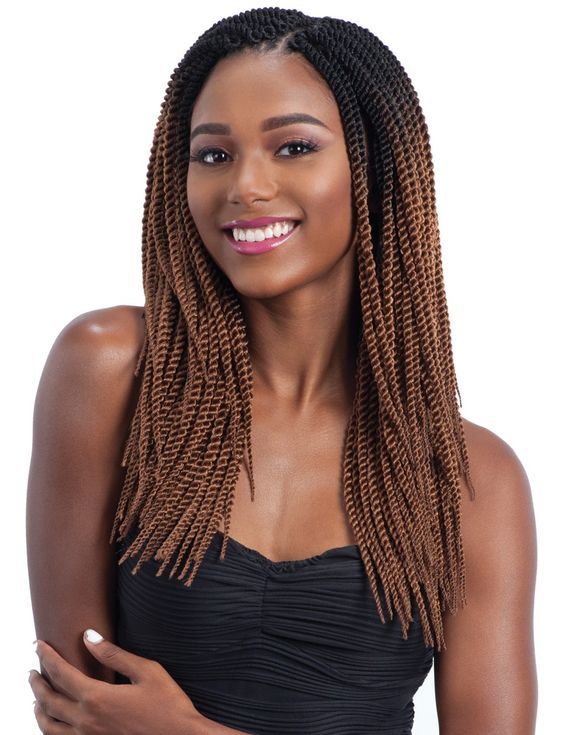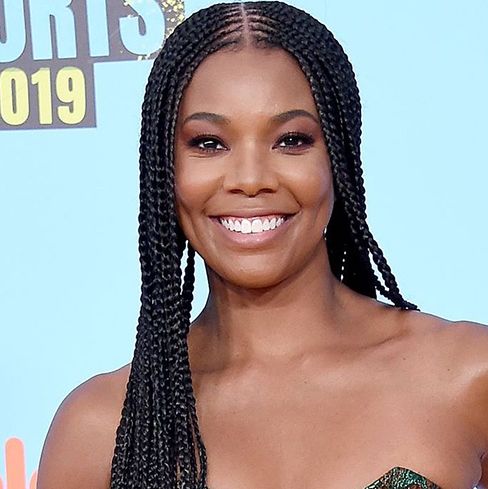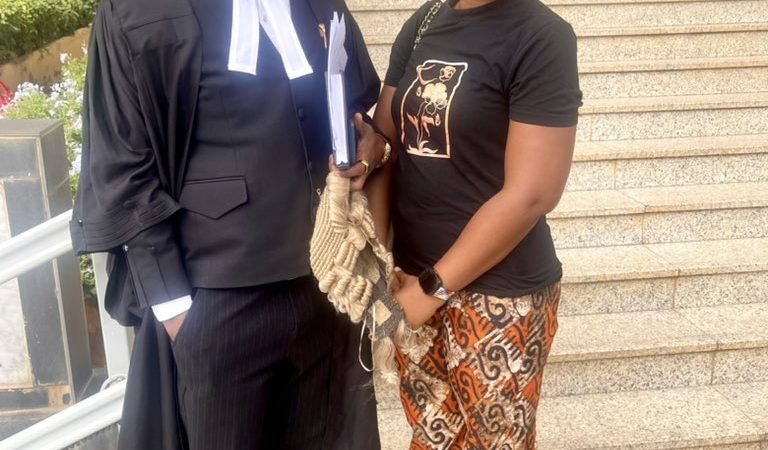
Black women with natural hairstyles including curly afros, twists or braids are less likely to get job interviews than White women or Black women with straightened hair, new research shows.
Participants in the studies, carried out by researchers from Duke University’s Fuqua School of Business, perceived natural Black hairstyles as less professional, and the effect was particularly pronounced in industries where a more conservative appearance is common.
The research, which will be published in the journal Social Psychological and Personality Science next week, shows how societal biases perpetuate racial discrimination in the workplace, according to a press release.
“In the aftermath of the George Floyd murder and the corresponding protests, many
organizations have rightly focused on tactics to help eradicate racism at systemic and structural levels,” researcher Ashleigh Shelby Rosette, a management professor and a senior associate dean, said in the press release.
“But our individually held biases often precede the type of racist practices that become embedded and normalized within organizations,” she added.
The biases are rooted in a standard of beauty in many Western societies that is based on White women and straightened hair, Rosette told CNN.
It also becomes the standard of perceived professionalism, and recruiters are then influenced by that standard, she said.
The studies involved hundreds of participants of different races, who were asked to screen potential job candidates in the same way as recruiters, giving them a score for competence, professionalism and other factors, based on mocked-up Facebook and LinkedIn profiles.
In three of the studies, participants were selected from the general population. The study comparing attitudes in management consulting and advertising involved MBA students.
Participants gave Black women with natural hair lower scores for competence and professionalism, and didn’t recommend them for interviews as often, compared with Black women with straightened hair, White women with straight hair or White women with curly hair.
In one instance, two groups of participants were asked to evaluate the same Black female job candidate. While one group were shown a photo of the candidate with natural hair, the other saw an image of her with straight hair.
The latter group gave the candidate a higher score for professionalism, and recommended her for interview more strongly.
Rosette told CNN that while it is not standard practice for job applicants to provide photos, it is incredibly easy for recruiters to look someone up online.
“It would almost be an automatic thing to Google the person’s name and see what their profile looks like on social media,” she said.
Results also varied by industry. For example, Black female candidates with natural hair were discriminated against when they were screened for positions in management consulting, which researchers say has “conservative dress norms.”

Black women with braids were considered less professional by participants in the research.
However, they were not discriminated against for positions in advertising.
“This may be because advertising is viewed as a more creative industry than consulting with less rigid dress norms,” the press release said.
Rosette said that while some organizations remove information on gender or race from job applications — a process known as blinding — she called on business leaders to be aware of natural-hair bias.
And while some people may think of hair as trivial, that’s not the case, Rosette said.
“What we suggest is that hair and the hair choices of Black women can be very consequential,” she said. “Hair is not just hair.”

A Black woman with a natural hairstyle should not be seen as making a statement, said Rosette, when it might just be the easiest, healthiest or most cost-effective way to style her hair, given the cost of straightening treatments and their potential negative effects on the hair and scalp.
The onus is not on Black women to make different hairstyle decisions, she emphasized.
“In no way are we asking that the Black woman change who she is,” she said. “We’re asking that people understand that this difference exists.”
In the United States, there is growing momentum to address the issue.
****It’s official: Virginia is now the fourth state in the US to ban hair discrimination
In the past couple of years, various states — including California, New York, New Jersey and Virginia — have passed legislation banning discrimination against natural Black hairstyles, and the US Navy has also adapted its hairstyle policy to be more inclusive.
These changes suggest “there is movement where there previously had not even been recognition,” Rosette said.
Rosette, who is Black, said that earlier in her life she had straightened her hair, but she hasn’t done so for more than 20 years.
“I was very concerned about how I would be perceived,” she said, and worried that her styling her hair naturally might get a negative reaction.
The next stage of research will examine the difference in perception between different natural Black hairstyles, she added.
Confiance News recalls that California was the first state in the US to officially ban hair discrimination.
The law comes on the heels of a nationwide movement around the “Create a Respectful and Open Workplace for Natural Hair Act,” or the CROWN Act, which would “ensure protection against discrimination based on hairstyles.”
Source: CNN
Cover Photo: Gabrielle Union. Credit: Getty Image






